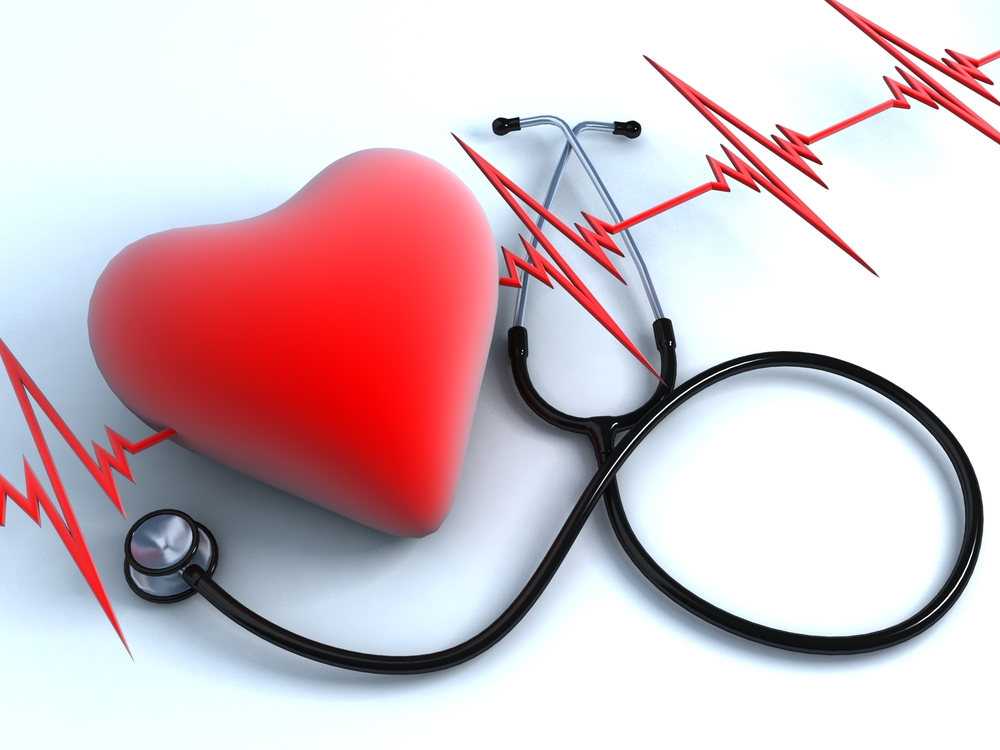Preventing Sudden Cardiac Arrest (“SCA”) in Adolescents through Early Detection Heart Screenings
Preventing Sudden Cardiac Arrest (“SCA”) in Adolescents through Early Detection Heart Screenings
February 8, 2017
 As your children grow up and begin to advance through the awkward stages of puberty, worrying about potential adolescent heart problems is probably one of the furthest things from your mind. However, some studies are beginning to show that it may be time for your perceptions on this issue to change due to rising incidents of Sudden Cardiac Arrest (“SCA”) and Sudden Cardiac Death (“SCD”) in youths.
As your children grow up and begin to advance through the awkward stages of puberty, worrying about potential adolescent heart problems is probably one of the furthest things from your mind. However, some studies are beginning to show that it may be time for your perceptions on this issue to change due to rising incidents of Sudden Cardiac Arrest (“SCA”) and Sudden Cardiac Death (“SCD”) in youths.
The goal of this article will be to help you understand what SCA/SCD is, describe what steps you can take to avoid having your child suffer from SCA/SCD, and raise overall awareness to this growing, and often deadly condition.
What is SCA?
SCA is a condition in which the heart unexpectedly ceases to function. Often, this is because of irregular and rapid quivering of the heart’s lower pumping chambers (ventricles), called ventricular fibrillation. When this occurs, blood stops flowing to the brain and other vital organs, causing loss of consciousness or seizure-like activity within seconds. If not treated immediately, SCA results in death.
SCA can be caused by a number of structural heart issues such as Hypertrophic Cardiomyopathy (“HCM”), Arrhythmogenic Right Ventricular Dysplasia (“ARVD”), Congenital Coronary Artery Abnormalities (“CAA”), Dilated Cardiomyopathy (“DCM”), Marfan Syndrome, and Mitral Valve Prolapse (“MVP”). It can also be caused by several electrical heart issues including Long Q-T Syndrome (“LQTS”), Wolff-Parking-White Syndrome (“WPW”), Brugada Syndrome, and Catecholaminergic Polymorphic Ventricular Tachycardia (“CPVT”). [1]
Who is susceptible to SCA?
SCA can unfortunately strike at any age, gender, or race. What further complicates the issue is that most who are eventually struck by SCA appear healthy and are in good physical condition. In terms of incidences in youths, physically active and/or competitive athletes are the most susceptible, but SCA is not limited to those who are involved in sports. Additionally, if your child does have outward signs of illness such as fainting, dizziness, chest pain, racing heartbeat, shortness of breath, or fatigue, he/she may be more susceptible to SCA. Those with a family history of heart disease, or a history of sudden death under the age of 50 may also be more susceptible to SCA as well. [2]
What steps can you take to prevent SCA in your child?
Although there is no guarantee that SCA can be prevented, heart screenings designed for detection of potential heart defects can be helpful, and in some cases, life-saving. Principally, the first step in any early detection of potential heart defects involves a test called an electrocardiogram (“ECG”). An ECG is a simple, painless, non-invasive baseline test that measures the electrical activity of the heart. ECGs are not perfect, but studies of the causes of sudden deaths in athletes suggest that 70% of those individuals at risk because of preexisting disorders (and up to 90% for certain conditions) would have been identified or suspected by way of ECG results. [3]
How can you get an ECG for your child?
Beginning sometime before your child enters high school (ages 12-13), it may be a good idea to schedule an ECG for him/her. One way you can do this is by consulting with your child’s Primary Care Physician (“PCP”) and requesting that he/she arranges to have an ECG performed on your child. This is especially important if there exists any history of heart disease in your family or your child is exhibiting any symptoms that can be associated with heart problems. *Please note that Empire BlueCross BlueShield (“Empire”) will only cover ECGs that are deemed Medically Necessary. You can contact Empire directly for more information.
Another manner in which you may be able to get an ECG for your child is by finding an ECG screening in your area. Low cost or free ECGs are occasionally given by awareness programs and affiliates such as Parent Heart Watch. You can learn more about these programs and search for screenings by visiting www.ParentHeartWatch.org.
What happens if my child’s ECG reveals a heart defect?
If your child’s ECG reveals a problem, you will most likely be put in touch with a Cardiologist. From there, the Cardiologist will order more tests to assist with further diagnosis of your child’s heart defect. Usually, an Echocardiogram (“Echo”) is the next step. Future tests and corrective actions will be determined pending the results of the Echo.
Conclusions
You can never be too vigilant when it comes to your child’s heart health. By arranging to get your child a heart screening that is designed for early detection and prevention of SCA, you are ensuring that you have done all that you can to help your child live a long, active, and healthy life.
*This article is a compilation of information collected from outside sources meant to help you understand SCA/SCD. It does not represent the opinions of the Fund Office and is not meant to be substituted for professional medical advice. If you suspect that your child may have a heart problem, please consult a qualified physician immediately.
[1] www.ParentHeartWatch.org, “Sudden Cardiac Arrest in Youth”
[2] www.ParentHeartWatch.org, “Position Statement on Screening for Conditions that May Lead to SCA in Youth”
[3] www.ParentHeartWatch.org, “Electrocardiograms for Early Detection of Conditions that can Lead to SCA in Youth”







